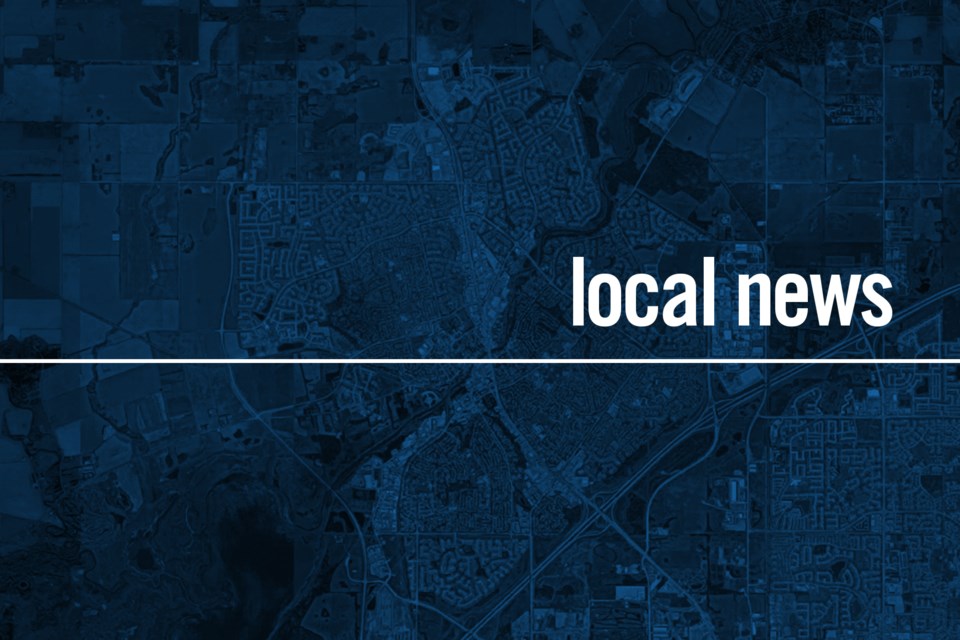Four classes with more than 100 students aren’t going to teach themselves. Just because all university classes have suspended all in-person teaching for the time being doesn’t mean education can’t continue.
Post-secondary classes in Alberta are now being delivered remotely and that comes with a certain amount of teacher education as well. After all, not all instructors are comfortable simply phoning it in.
“The big issue is overcoming hurdles,” explained Gazette opinion columnist John Kennair, who teaches law and political science at Red Deer College.
Like so many others finding themselves in the same position, technology has become a big hurdle. It’s one thing to have a headset with a microphone but it’s another thing entirely to have a computer with the right jack for that headset, or even a jack at all.
“That's because all microphones are on USB ports. You're like, ‘Well, why wouldn't the IT department tell you that? They should know this beyond anybody else, right? That's why they're called IT.' Those are the kind of hurdles that one has had to overcome: when technology doesn't talk to new technology or whatever.”
Kennair’s personal computer is a decade old but it does have a webcam, though it doesn’t communicate with Microsoft applications that are commonly in use at the post-secondary institution. The college did offer to get him a new laptop, he said, but he would have to go all the way to Red Deer to get it and drive back home to use it since he can’t teach on site.
COVID-19 UPDATE: Follow our COVID-19 special section for the latest news on the coronavirus pandemic, as well as resources, FAQs and more.
All of these hiccups haven’t stopped him from soldiering on with offering lessons and grading papers. His classes are in criminal law, Canadian politics and international politics, ranging in size from just 12 students to more than 40.
His last lesson for that international politics class was actually on global health – a timely subject. It was put in the curriculum back in December. Everybody was already living it anyway, he said. His other main areas of teaching include foreign policy, social issues, international relations, business law and occupational health and safety law, all of which might have COVID-19 chapters coming to their textbooks in the future.
Another one of the big hurdles he has faced comes from his Socratic teaching method, where he prefers closer contact with his students. It’s just easier that way, he explained.
Some of his introverted students, however, seem to have come out of their shells a bit through the new distance education template.
RELATED: University of Alberta suspends classes, moves online for rest of term
For Kennair, it’s been a good lesson for him to learn new skills. He sees new applications and new prospects to reach new audiences and offer his teachings to a wider student body.
He’s also considering doing a podcast.
“It's totally new to me. Technology and old people don't go together,” he explained, pointing out how the big difference with his current distance teaching is that he feels like he’s talking to himself, which is what he sees a podcast as anyway.
“That's exactly what a podcast is. It's just a lecture that you just give to yourself.”
He has already looked into it, he said, suggesting he could even reconnect with an old PhD supervisor of his who lives in P.E.I. or any number of his contacts across the country or across the world.
“That's the beauty of technology.”




